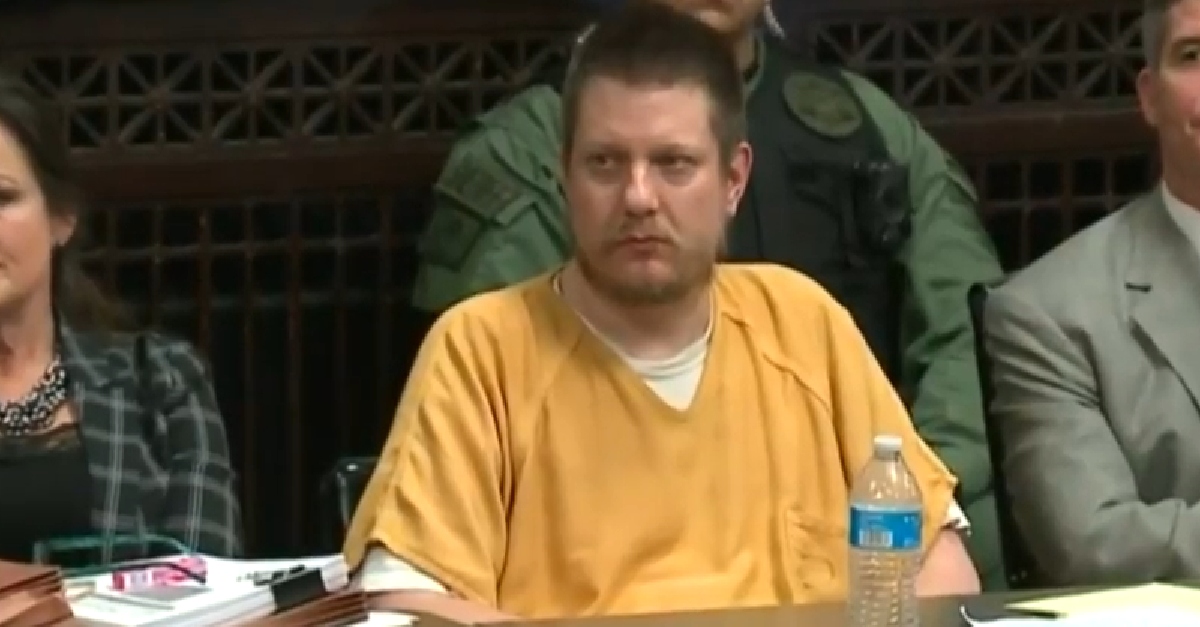
Ex-Chicago cop Jason Van Dyke is going have a long six years and nine months in prison, if the immediate aftermath of his murder conviction is any indication. Van Dyke was sentenced in mid-January for the Oct. 20, 2014 second-degree murder of Laquan McDonald.
Van Dyke fired his weapon at the 17-year-old McDonald 16 times. When the video emerged, the case immediately grabbed national attention. Van Dyke argued that McDonald was armed, high on PCP, on a “wild rampage,” and that he feared for his own life, but footage seemed to contradict his account.
Protests followed and the spotlight shifted to police shootings of black men.
Van Dyke has already learned that prison is not a safe place.
The Associated Press reported that Van Dyke’s wife Tiffany Van Dyke said an assault occurred in her husband’s Connecticut prison cell and that inmates were responsible. She said they “are all petrified and in fear for Jason’s life,” adding that he was placed in the general population.
Van Dyke was recently transferred from Rock Island, Illinois to a Danbury, Connecticut prison. Van Dyke had not been in the general population in Illinois, and it’s not clear why he was in Connecticut.
Jurors convicted Van Dyke of second-degree murder and aggravated battery. Jury instructions indicated that if they went with second-degree instead of first-degree murder, it meant that they believed Van Dyke thought he was in danger, but that this fear was unreasonable. Prosecutors had suggested that the defendant could get at least 96 years in prison, assuming he was sentenced to at least six years for each of the battery counts, and sentenced consecutively, but they asked for at least 18 years.
Prison assault isn’t the only thing Van Dyke has to worry about, as Illinois prosecutors are challenging the legality of the sentence.
“It is important that a police officer was held accountable for criminal conduct,” said Special Prosecutor Joe McMahon in a statement. “But we argued at the sentencing hearing that Jason Van Dyke should be sentenced for the aggravated battery with a firearm convictions. The ability for the prosecution to challenge a sentence is very narrow, but this might be one of those situations.”
Alberto Luperon contributed to this report.
[Image via ABC screengrab]